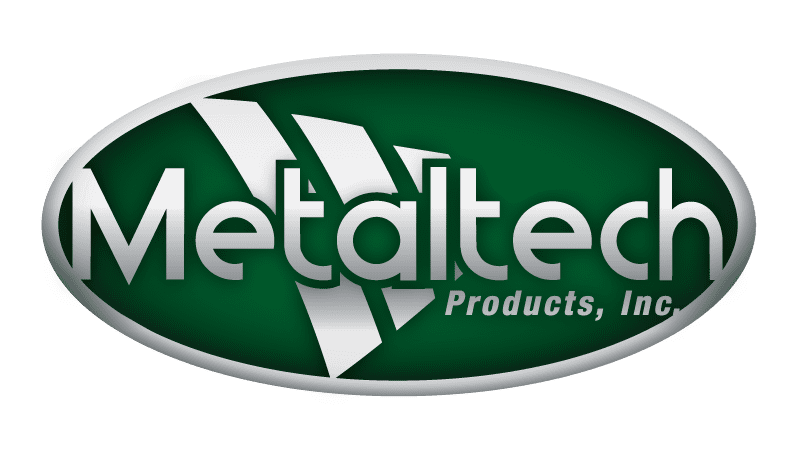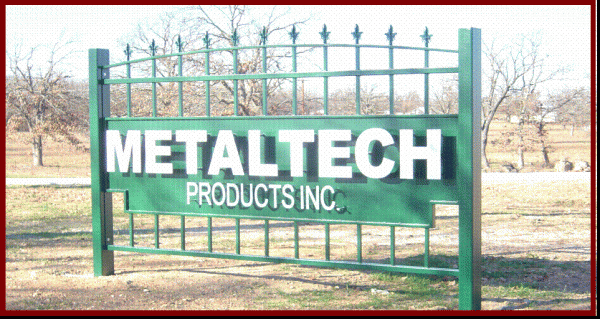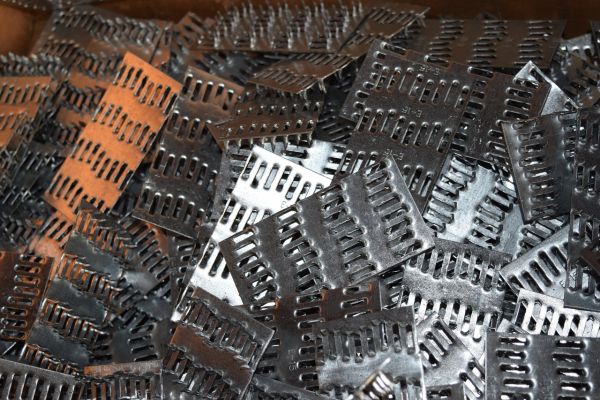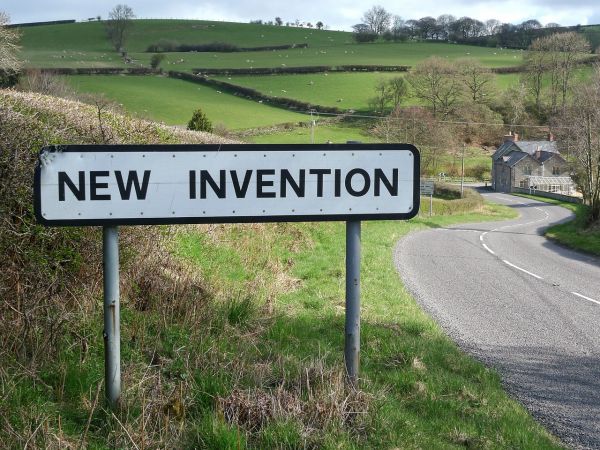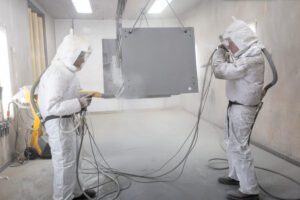You’ve designed the parts you need. You’ve gone through the blueprints with a fine-toothed comb. All the appropriate people have signed off on the plan. Now what?
When you’re ready to order custom machined parts, you need to be familiar with some basic terminology that will be found on your sales order. Let’s dive into these key terms, take a look at what they mean, and discuss how they can help you get exactly what you want when you order custom machined or fabricated parts from us here at Metaltech.
Purchase Order (PO):
A purchase order is considered a legal binding document telling your supplier what you want, when you want it, and what price you are expecting to pay for a product(s). A PO number can be used to track your order; a PO number can be a computer generated number, or a name based on your business practices.
PO’s are often accompanied by “Terms and Agreements,” or “Terms and Conditions.” These are specific terms the customer is giving you to make sure you know all the details before you do business with them.
A purchase order number is, perhaps, the most important detail on any sales order. Without one, it’s likely your order will not go forward.
Customer Service Representative (CSR):
This is the person that you should expect to talk to about your order.
Promised Date:
The promised date is the date that you should expect to receive your parts.
Sales Order Acknowledgment (SO Acknowledgment):
SO Acknowledgment is a document that your CSR will send to you acknowledging that they have entered your sales order.
It will contain the customer name, billing address, shipping address, purchase order number, payment terms, our internal order number, part number, rev level, quantity ordered, price per part and total price, and the promised date.
Return Materials Authorization (RMA):
This is a document that is issued in a case where you have a problem with a product order you received and need to return it. It will contain an RMA #, customer name, contact information, the address to return it to, and information related to the product being returned and instructions on how to return it.

Invoice:
An itemized bill for goods sold or services provided. It will contain individual prices, the total charge, and the terms.
Packing List (PL):
Packing list is a document that signifies that your shipment is ready to be shipped. It will contain a packing list number, the date the PL was prepared, payment terms, part number, quantity shipped, customer purchase order number, rev level, our internal order number, and information if any quantity is back-ordered.
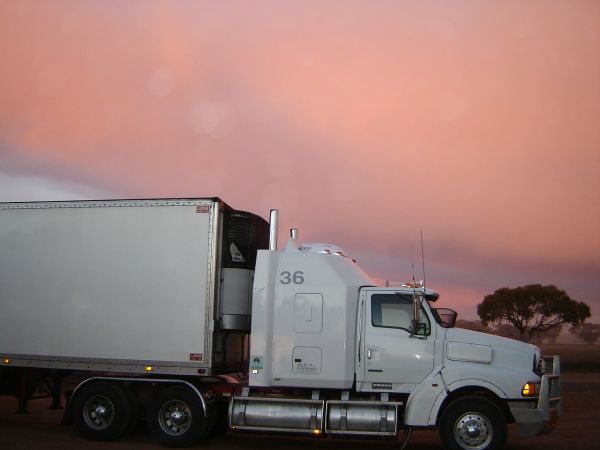
Bill of Lading (BOL):
Bill of Lading is a shipping document that is created when a freight shipment is prepared. It will contain a BOL number, the date the BOL was prepared, carrier, consignee (address freight is shipping), Bill to address (address freight is being billed to), terms of the shipment, purchase order number, number of holding units, description of freight, and weight of shipment.
Freight Terms:
You can usually choose to have your freight shipped:
- Prepaid: (example: Metaltech Products, Inc. pays the shipping charges);
- Collect: The consignee (address freight is shipping) pays the shipping charges; or,
- Third Party: This means that another party other than the shipper or receiver will be
paying the shipping charges.
Basic Parts:
A Basic Part is a part that requires stock and/or standard materials and processes.
Pre-Production Approval Process (PPAP):
This is a process sometimes required by the customer during the production process when you order custom metal parts. It entails the quality department being involved with each component of your part.
The quality department would measure everything making sure that it matches the print within tolerance prior to the component moving any further ahead in the production process. Typically the PPAP process would involve a 3 piece sampling of the production quantity. The PPAP process can add additional time to the production lead time.
First Run Parts:
These are parts that have never been previously run through our shop before but do not require a formal approval process. We do not anticipate that they would need additional time above and beyond the normal lead time, but it is a possibility and should be considered by the customer.
Prototype Parts:
These are parts that have not been previously run through the shop before, and they don’t require a formal approval process. The customer simply wants to get a first-time look at this part to make sure that it will work in their process.
These potentially could take a little more lead time, but should not be enough to extend the promised date. On an order of basic parts, you would typically be able to expect completion within 5 business days.
Once you have a handle on this basic sales order terminology things should go smoothly from order to receiving the finished parts. Getting familiar with these terms will help you communicate more effectively with our team and make sure we’re all on the same page before we begin manufacturing your order!
